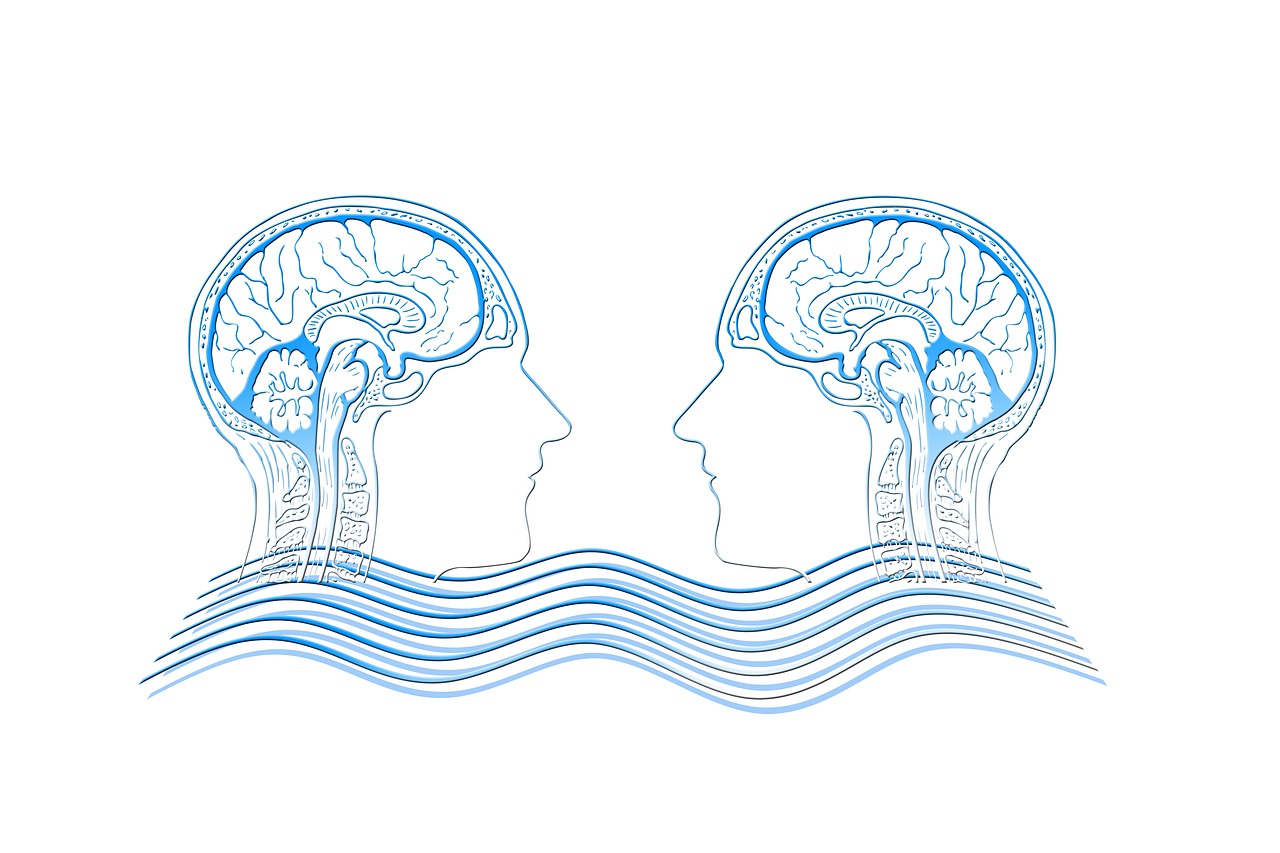Dealing with waves of feelings

Do you know those moments when your fight, flight or freeze instinct kicks in? That’s when your safety response is triggered. Many things cause a safety trigger. It could be standing on a roof, presenting to the board members at work, or talking to a customer. Even a smell can be a trigger.
When we’re triggered, a feeling wave comes, and our body reacts without being aware. If our thinking doesn’t react well to the situation, our thinking makes the feeling bigger. This can affect leaders’ and executives’ performance and success if handled poorly.
Our thoughts run rampant, saying, ” Oh no, I’m feeling angry; I always get angry in this situation. We feel bad about feeling angry or upset, so the feeling wave grows. Before we know it, we’re overwhelmed with the feeling and have nowhere to go. We’re engulfed. As a leader or executive and at home, it is vital to be aware of this.
For feelers, you know this situation and are probably thinking oh, I hate it when that happens. Feelers let their feelings explode out and go all over everyone. You’ve seen this happen when an employee reacts suddenly and takes all their anger out on everyone in the room. As a leader, this can impact our team and those around us. The critical focus for feelers is to remember they only deal with feeling hurt, not a safety threat (unless they’re in a genuinely dangerous situation).
But for thinkers, as the feeling wave rises, we compress it into a small nail and put it in our backpack to deal with later out of the office. We don’t even notice it. It all happens unconsciously.
One or two nails are bearable. A thousand nails, and it starts to get a little heavy. Then you add an extra nail, and the whole backpack splits. This causes an overreaction because all the previous nails we’ve been carrying come out. The emotions we suddenly feel are not just from this situation but from all the past ones where we didn’t recognize how we felt at the time. Executive & leadership coaching assists with awareness and management of this biological threat to success and performance. An executive coach can help unpack the nails one at a time and help us see their connections and patterns.
We need to lean into the freeze instinct.
Holding this space allows the feeling to move through us, and we acknowledge it. Techniques like box breathing help you to hold the feeling.
Science says feelings take about 90 seconds to pass unless we grab hold of them.
While we have a red feeling, our thinking doesn’t work well. Unless we’re practiced at dealing with the red (or have a great executive coach to help us), any thought we have at this time is distorted. We’ll have thoughts like they’re trying to get me or think negatively about what we want to do or say to them. There’s no good thinking that happens in that space. This directly impacts your effect on others in your team as a leader.
It’s best to wait until we have a clear head again and get curious about what caused the wave. A great executive or leadership coach will ask questions like, “what went through your mind?” and “what led to that thought?”. The emotional wave came on because we didn’t know how to deal with that situation yet. That’s why our feelings react in that way.
If you’ve ever tried to cut out sugar or alcohol, you’ll know that trying to put a brick wall in front of the cravings and block them doesn’t work. Instead, you watch the craving wave come and go. You know it’s going to pass. You must hold your thinking long enough to let the feeling move on. As you learn and practice this technique with your coach, you’ll become comfortable with this technique, and you’ll become quite relaxed about your emotions.
When we allow our feelings to be there, we learn from them. We can deal with the situation in a much more controlled and effective way.
Do you struggle with acknowledging your feelings? Maybe you feel like others can’t handle your emotions. Have you considered executive & leadership coaching and mentoring? How do you master your emotions?
We’d love to know if you’re a feeler or a thinker. Share in the comments below.


